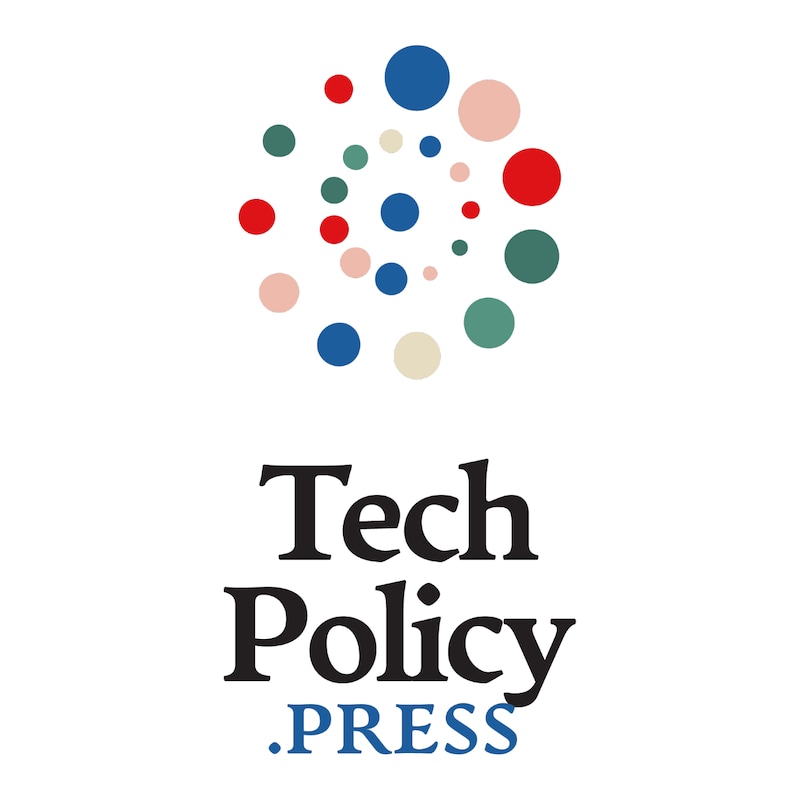Shownotes
This is a two part show- first, a discussion about how to make sure independent researchers have access to the data from technology platforms; and second, a book talk with the author of How Algorithms Create and Prevent Fake News: Exploring the Impacts of Social Media, Deepfakes, GPT-3 and More.
In the wake of the revelations brought forward by Facebook whistleblower Frances Haugen, there is a great deal of focus among lawmakers and regulators in many capitals to figure out how to see inside the platforms. Last week, Nathaniel Persily, a professor of law at Stanford Law School and co-director of the Stanford Cyber Policy Center, put forward a draft of potential legislation, announcing what he calls the "Platform Transparency and Accountability Act" in a Washington Post column.
We took the opportunity to invite Nate and two other experts on this subject- Rebekah Tromble, Director of the Institute for Data, Democracy & Politics and Associate Professor at George Washington University, and Brandie Nonnecke, the Director of the Citris Policy Lab at UC Berkeley and a fellow at the Harvard Carr Center for Human Rights Policy- to talk about how best to get researchers access to the vast troves of data the platforms hold on us.
Noah Giansiracusa is a mathematician and data scientist who is Assistant Professor at Bentley University near Boston. Most of his papers are on things like algebraic geometry or machine learning. But recently, he wrote a book that looks at how algorithms are shaping our understanding of the world on social media. The book is called, How Algorithms Create and Prevent Fake News: Exploring the Impacts of Social Media, Deepfakes, GPT-3 and More. We spoke to Noah about the challenges of our algorithmically driven information environment, and whether AI might help us fix it.





